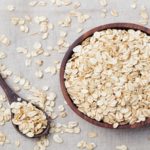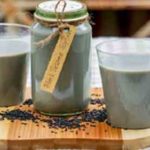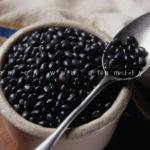Black beans are an extremely protein-rich food and contain antioxidant Anthocyanin (the darker the bean, the higher the content of this compound, as it gives the beans their color). That’s why many people are afraid that soaking the beans will cause them to lose this beneficial compound. Those concerns are not unfounded. However, soaking the beans has many benefits, and to compensate for the loss of anthocyanin, you can increase the cooking time. On average, 100g of black beans contains about 350 calories, along with various vitamins, minerals such as protein, fat, carbohydrates, fiber, vitamin K, thiamin, niacin, folate, calcium, iron, magnesium, phosphorus, potassium, sodium, zinc… Black beans contain polyphenols, particularly anthocyanin (the component that gives foods their purple or dark color), as well as flavonoids including catechin, myricetin, kaempferol, and quercetin.
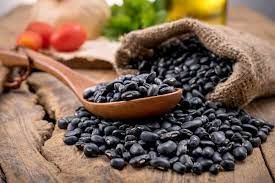
Why should you soak the beans?
Beans, including black beans, have natural biological mechanisms that inhibit nutrient absorption. When the beans are unsoaked, these compounds have the ability to hinder nutrient absorption in the body. However, when soaked for a sufficient amount of time, the beans naturally release these compounds to initiate germination. This process both enhances the nutritional value of black beans and helps remove naturally occurring toxins in the beans.
For this reason, nutrition experts often advise soaking the beans before consumption. However, since black bean broth is desired, many people choose not to soak the beans as they believe it would diminish the nutritional value.
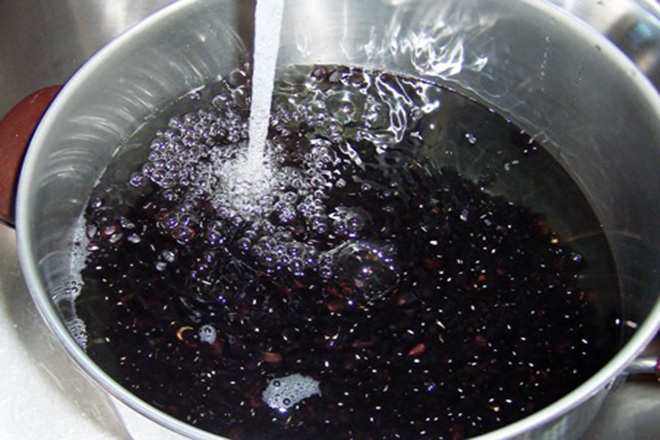
In truth, soaking the beans helps release the components that inhibit nutrient absorption, without significantly affecting the color compound as you might think. To be safe, it’s still recommended to rinse the beans thoroughly to remove any plant protectant residues, then soak them for about 6-7 hours, drain them, and roast them before cooking.
Soaking the beans before cooking creates greater nutritional value and is safer for regular consumption.
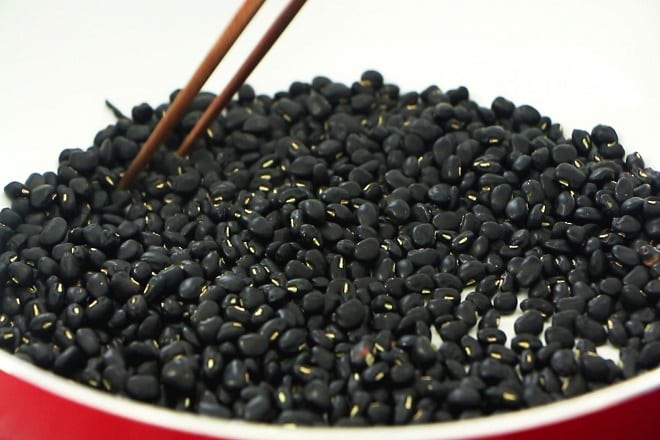
Why should you roast the beans?
Roasting the beans enhances their aroma and flavor, resulting in a more delicious broth. Additionally, according to folklore and traditional medicine, roasting the beans on a hot pan helps prevent stomach coldness when consumed. Individuals with a cold body constitution or poor digestion may experience more stomach discomfort if they consume unroasted beans. The practice of roasting ingredients (beans, leaves) on fire before steeping them is an ancient art of traditional medicine that prevents stomach coldness.
Furthermore, black bean broth is beneficial, but it should not be overused as a replacement for plain water, and the broth should not be left sitting for too long as it may go bad. It’s also important to note that adding sugar to the black bean broth is not recommended if you want to enjoy its cooling and slimming effects.
Using Soaked Black Beans and Vinegar as a Hair Conditioner for Silky Smooth Hair
You may have heard of baking soda and vinegar being used for a variety of household tasks, but have you heard about using vinegar to give you incredible hair? Soaking black beans in it may sound strange, but it’s been proven to be incredibly effective – in this article, we’ll explore how you can use it to get amazing results!
























